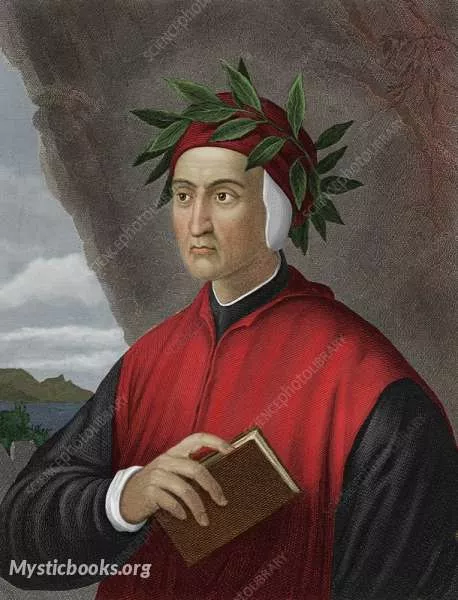
Timeline
Title
Country/Nationality
Dante Alighieri
Dante is known for establishing the use of the vernacular in literature at a time when most poetry was written in Latin, making it accessible only to the most educated readers. His De vulgari eloquentia (On Eloquence in the Vernacular) was one of the first scholarly defenses of the vernacular. His use of the Tuscan dialect for works such as The New Life (1295) and Divine Comedy helped establish the modern-day standardized Italian language, and set a precedent that important later Italian writers such as Petrarch and Boccaccio would follow.
Dante was instrumental in establishing the literature of Italy, and his depictions of Hell, Purgatory and Heaven provided inspiration for the larger body of Western art.[9][10] He is cited as an influence on Geoffrey Chaucer, John Milton and Alfred Tennyson, among many others. In addition, the first use of the interlocking three-line rhyme scheme, or the terza rima, is attributed to him. He is described as the "father" of the Italian language, and in Italy he is often referred to as il Sommo Poeta ("the Supreme Poet"). Dante, Petrarch, and Boccaccio are also called the tre corone ("three crowns") of Italian literature.
Dante Alighieri probably baptized Durante di Alighiero degli Alighieri and often referred to simply as Dante (c. 1265 – 1321), was an Italian poet, writer and philosopher. His Divine Comedy, originally called Comedìa (modern Italian: Commedia) and later christened Divina by Giovanni Boccaccio, is widely considered the most important poem of the Middle Ages and the greatest literary work in the Italian language.
Dante's final days were spent in Ravenna, where he had been invited to stay in the city in 1318 by its prince, Guido II da Polenta. Dante died in Ravenna on 14 September 1321, aged 56, of quartan malaria contracted while returning from a diplomatic mission to the Republic of Venice. He was attended by his three children, and possibly by Gemma Donati, and by friends and admirers he had in the city. He was buried in Ravenna at the Church of San Pier Maggiore (later called Basilica di San Francesco). Bernardo Bembo, praetor of Venice, erected a tomb for him in 1483.
On the grave, a verse of Bernardo Canaccio, a friend of Dante, is dedicated to Florence:
parvi Florentia mater amoris Florence, mother of little love
Books by Dante Alighieri
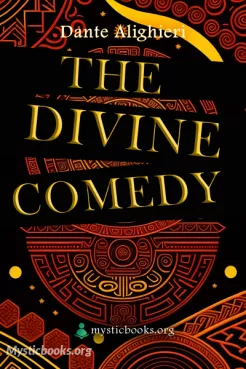
The Divine Comedy
The Divine Comedy (Italian: Commedia, later christened “Divina” by Giovanni Boccaccio), written by Dante Alighieri between 1308 and his death in 1321, is widely considered the central epic poem of Italian literature, the last great work of literature...
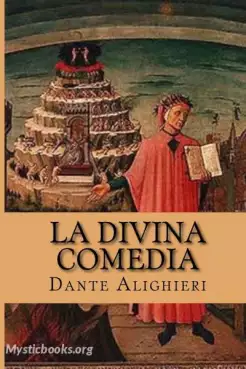
La Divina Commedia
The Divine Comedy, originally Commedia, is a poem by Dante Alighieri, a masterpiece of the Florentine poet, considered the most important literary testimony of medieval civilization and one of the greatest works of universal literature. It is divide...
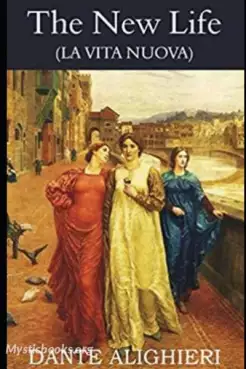
The New Life
La Vita Nuova or Vita Nova is a text by Dante Alighieri published in 1294. It is an expression of the medieval genre of courtly love in a prosimetrum style, a combination of both prose and verse.
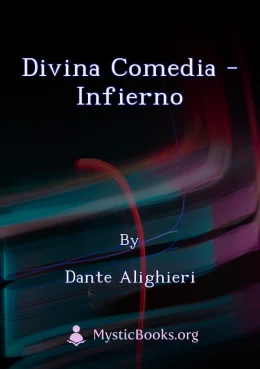
Divina Comedia - Infierno
La Divina Comedia, especialmente su primera parte, el Infierno, es una obra monumental de la literatura italiana. Dante, acompañado por Virgilio, desciende al inframundo para presenciar los castigos que sufren los condenados en los nueve círculos del...
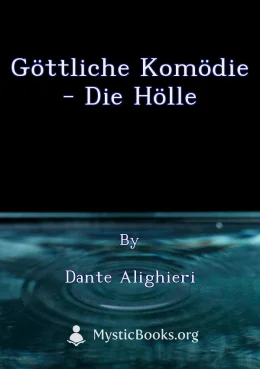
göttliche Komödie - Die Hölle
Dantes *Göttliche Komödie* ist ein episches Gedicht, das in drei Teile gegliedert ist: *Inferno*, *Purgatorio* und *Paradiso*. Es erzählt die Geschichte von Dantes Reise durch die Hölle, das Fegefeuer und das Paradies, geführt von dem römischen Dicht...
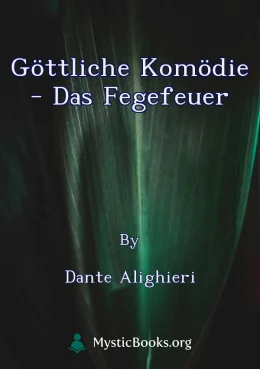
göttliche Komödie - Das Fegefeuer
The Divine Comedy is an epic poem by Dante Alighieri, written in the early 14th century. It is widely considered one of the greatest works of world literature. The poem tells the story of Dante's journey through Hell, Purgatory, and Paradise, guided...
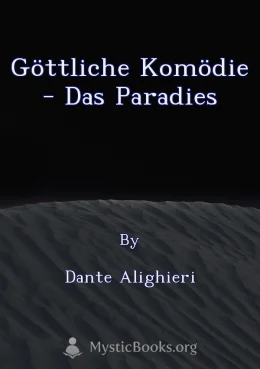
göttliche Komödie - Das Paradies
Die „Göttliche Komödie“ ist ein Epos des italienischen Dichters Dante Alighieri aus dem frühen 14. Jahrhundert. Sie besteht aus drei Teilen: Inferno (Hölle), Purgatorio (Fegefeuer) und Paradiso (Paradies). Im „Paradiso“, dem dritten und letzten Teil...
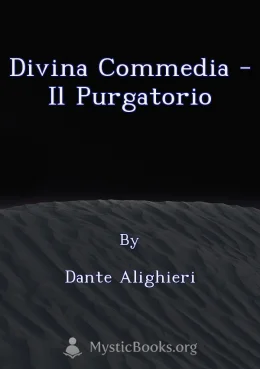
Divina Commedia - Il Purgatorio
La Divina Commedia - Il Purgatorio è la seconda parte della trilogia di Dante Alighieri, un viaggio immaginario attraverso l'aldilà. Dante, guidato da Virgilio, sale la montagna del Purgatorio, incontrando anime che espiano i loro peccati in attesa d...
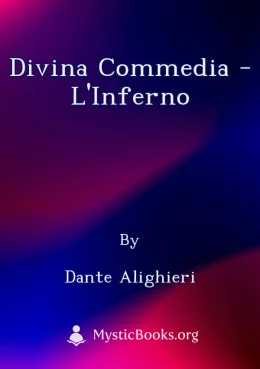
Divina Commedia - L'Inferno
The Inferno is the first part of Dante Alighieri's Divine Comedy, an epic poem that tells the story of Dante's journey through Hell, Purgatory, and Paradise. The Inferno is a dark and terrifying vision of Hell, where the damned are punished for their...
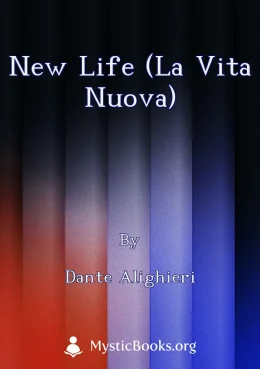
New Life (La vita nuova)
Dante's 'La Vita Nuova' is a poignant and introspective exploration of love, loss, and spiritual growth. Through a series of interconnected poems and prose passages, the work chronicles Dante's idealized love for Beatrice, a woman who becomes a symbo...
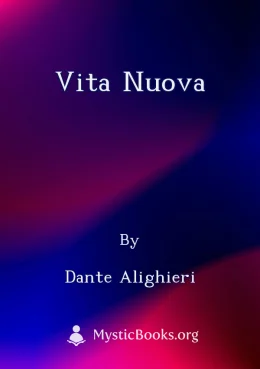
Vita Nuova
Vita Nuova is a collection of 31 sonnets, three canzoni, and a prose narrative by Dante Alighieri. It is considered one of the most important works of Italian literature and a precursor to Dante's masterpiece, the Divine Comedy. The work is a semi-au...
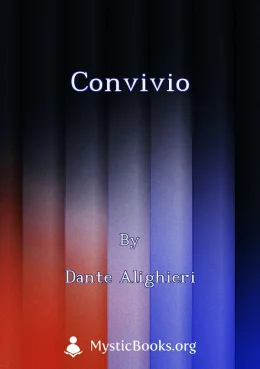
Convivio
The *Convivio* (The Banquet) is an unfinished work by Dante Alighieri, written around 1304-1307. It's a collection of four treatises, each featuring a canzone (long lyrical poem) and a prose allegorical interpretation. The *Convivio* acts as a vernac...
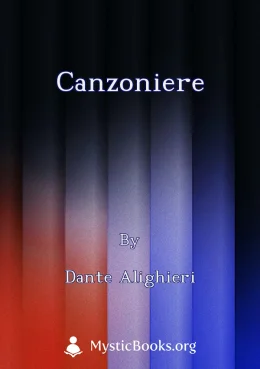
Canzoniere
The *Canzoniere*, also known as *Le Rime*, is a collection of lyric poems by Dante Alighieri, spanning his entire life. The poems are diverse in style and theme, reflecting Dante's personal experiences, his evolving philosophical and religious belief...
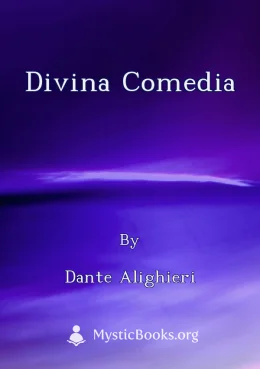
Divina Comedia
The Divine Comedy is an epic poem by Dante Alighieri, first written in the early 14th century. It is widely considered one of the greatest works of world literature and has been translated into more than 100 languages.
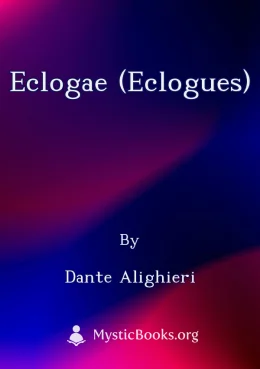
Eclogae (Eclogues)
This audiobook presents four Latin poems by Dante Alighieri and Giovanni del Virgilio, written in imitation of Vergil's bucolic poetry. The poems echo themes from Vergil's Georgics and Aeneid and showcase Dante's mastery of the Latin language and poe...
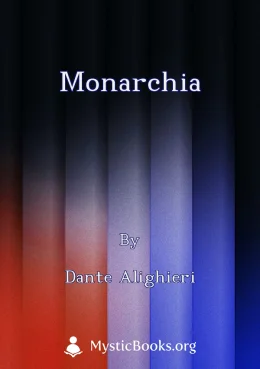
Monarchia
The De Monarchia is a political treatise by Dante Alighieri, written in Latin in the early 14th century. It is one of the most important works of political philosophy from the Middle Ages and has been influential in the development of Western politic...
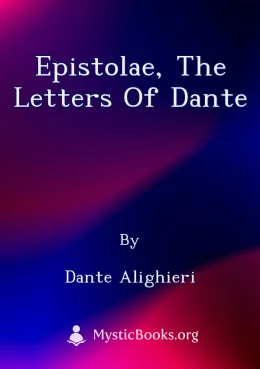
Epistolae, the letters of Dante
This collection of thirteen letters offers a unique glimpse into the mind of one of the most influential literary figures in history, Dante Alighieri. Written in their original Latin, the letters provide valuable insights into Dante's political and p...
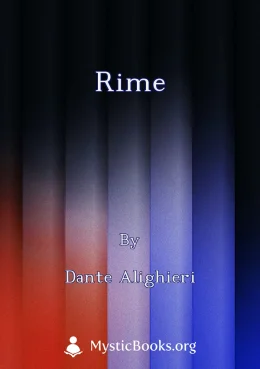
Rime
Le *Rime* di Dante Alighieri sono una raccolta di poesie scritte dal grande poeta italiano durante la sua giovinezza e maturità. Questa edizione, risalente all'Ottocento, comprende una vasta gamma di componimenti, dalle prime opere influenzate dalla...
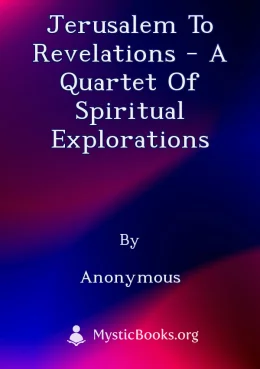
Jerusalem to Revelations - A Quartet of Spiritual Explorations
This book presents four distinct spiritual journeys, each offering a path to salvation and understanding the process of death and rebirth. It begins with the transformation of a land, followed by a soul's journey through death in the Egyptian Book...
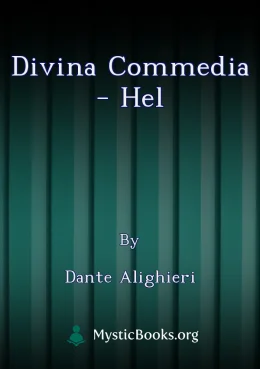
Divina commedia - Hel
This book is the first part of Dante's masterpiece, the Divine Comedy. It tells the story of Dante Alighieri's journey through the nine circles of Hell. Along the way, he encounters various sinners and learns about the punishments they are enduring....
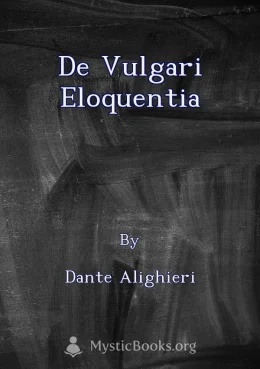
De Vulgari Eloquentia
De Vulgari Eloquentia by Dante Alighieri is a philosophical treatise written in Latin between 1302 and 1305. It discusses the evolution of language and the search for a common, illustrious vernacular language that could be used for literary purposes...
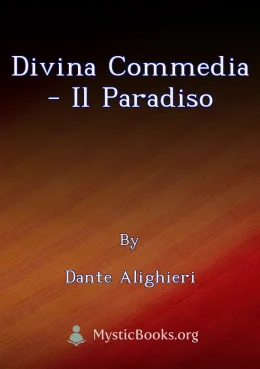
Divina Commedia - Il Paradiso
Il Paradiso è la terza e ultima cantica della Divina Commedia di Dante Alighieri. Dopo aver attraversato l'Inferno e il Purgatorio, Dante, guidato da Beatrice, si addentra nei nove cieli del Paradiso. Il viaggio spirituale lo conduce verso la visione...